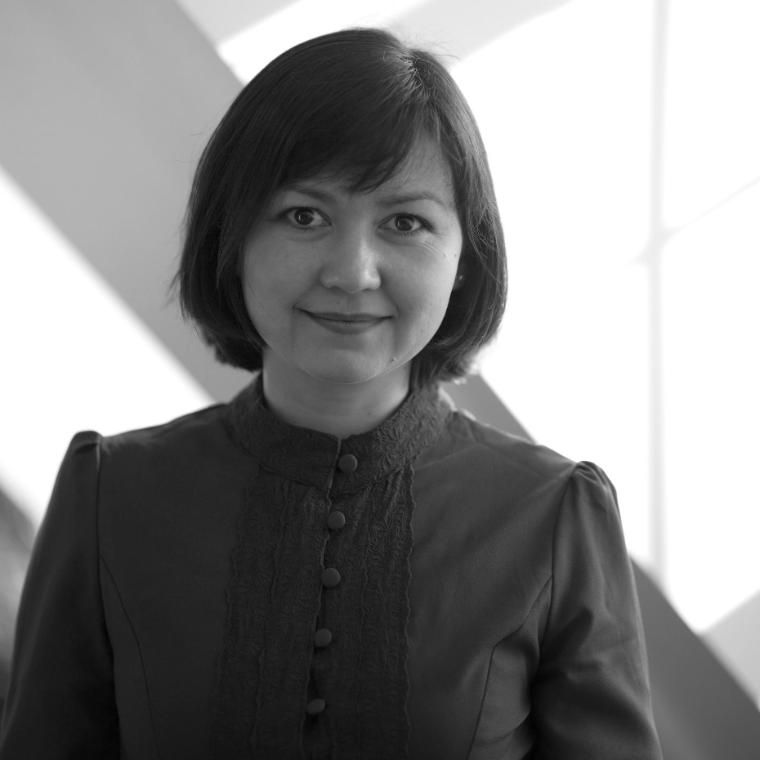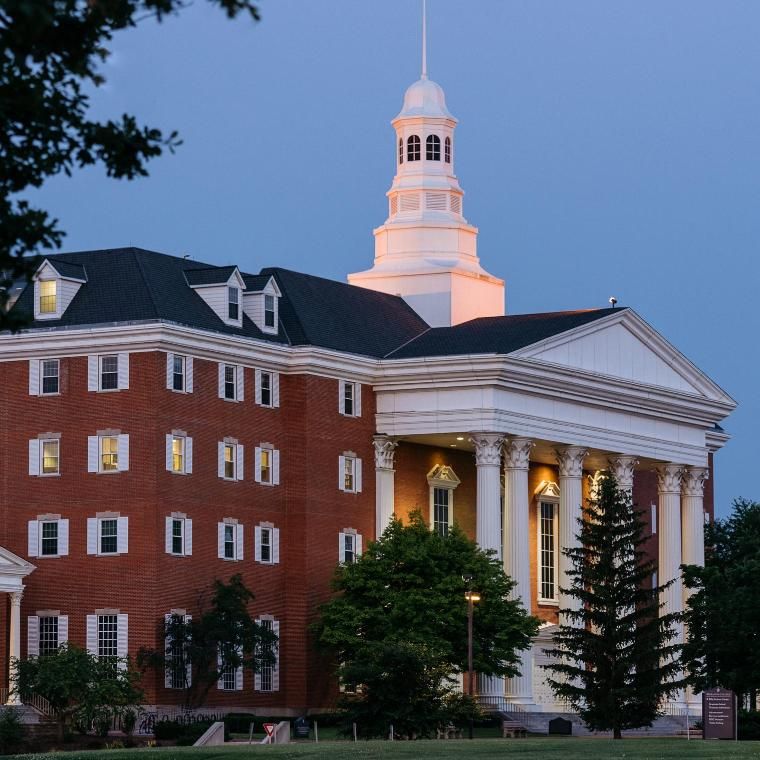Who Are Wheaton's Psy.D. in Clinical Psychology Students?
Psy.D. in Clinical Psychology Students at Wheaton
Students come to Wheaton's Psy.D. in Clinical Psychology program from all over the United States and the world, bringing a rich diversity of cultural, ethnic, and personal experiences and backgrounds. The Psy.D. in Clinical Psychology program values diversity in its recruitment of students.
The Psy.D. in Clinical Psychology program aims to admit approximately twenty students a year so as to maintain a good balance of faculty members to students. The student-faculty ratio is almost exactly 11:1, which compares favorably with most Psy.D. programs. Typical of clinical psychology programs throughout the nation, the ratio of women to men is approximately 2 to 1. The age range is from early twenties into the late forties, with most students in their mid- to late-twenties.
The academic credentials of Wheaton Psy.D. students entering the program are strong. For example, over the last five years, students enrolled in the doctoral program earned a mean undergraduate GPA of 3.5, and a mean GRE score (Verbal + Quantitative) of 1138.
Some students come to the Psy.D. in Clinical Psychology program directly from their undergraduate institutions whereas others arrive with an M.A. and several years of work experience. Because the program is designed on a cohort model, where students take most of their classes with the same peers, students quickly form close and caring relationships. This is facilitated by the Graduate Psychology Student Association (GPSA), various social events involving faculty and students, and spontaneous gatherings of students.
The GPSA is an active group that provides student life enrichment and also gives voice to student concerns within the program. The group plans student events but also interacts with faculty members in the program in a manner designed to enhance the overall training environment.
Many students find part-time employment while attending the Psy.D. in Clinical Psychology program. The class schedule is designed to help students obtain daytime employment whenever possible. In addition, the schedule is structured for department cohesiveness and unity of the student body. For example, all students and faculty are on-campus every Tuesday. On this day, we offer our electives, research groups and clinical training groups. First-year students take courses on Monday, Tuesday and Thursday. Second-year students attend class Monday and Tuesday. Third-year students have classes Tuesday and Wednesday. Fourth-year students take courses on Tuesday and Thursday. Students' open days are used for employment, clinical work at practicum placements, and studying.
The intention of the faculty and students is to develop a caring community in which scholarship is valued, self-awareness is gained, cultural and individual differences are celebrated, collegial relationships are established, and faith is nurtured. The result is a diverse training environment where faculty members and students collaborate on a common mission of excellent training in professional psychology.

"Psychology is a tool given from God that helps people to heal from their past hurts—even if we are not explicitly leading people to faith in Christ in each therapy session, we are following his pattern of redemption and reconciliation in helping people toward psychological health and wholeness."
